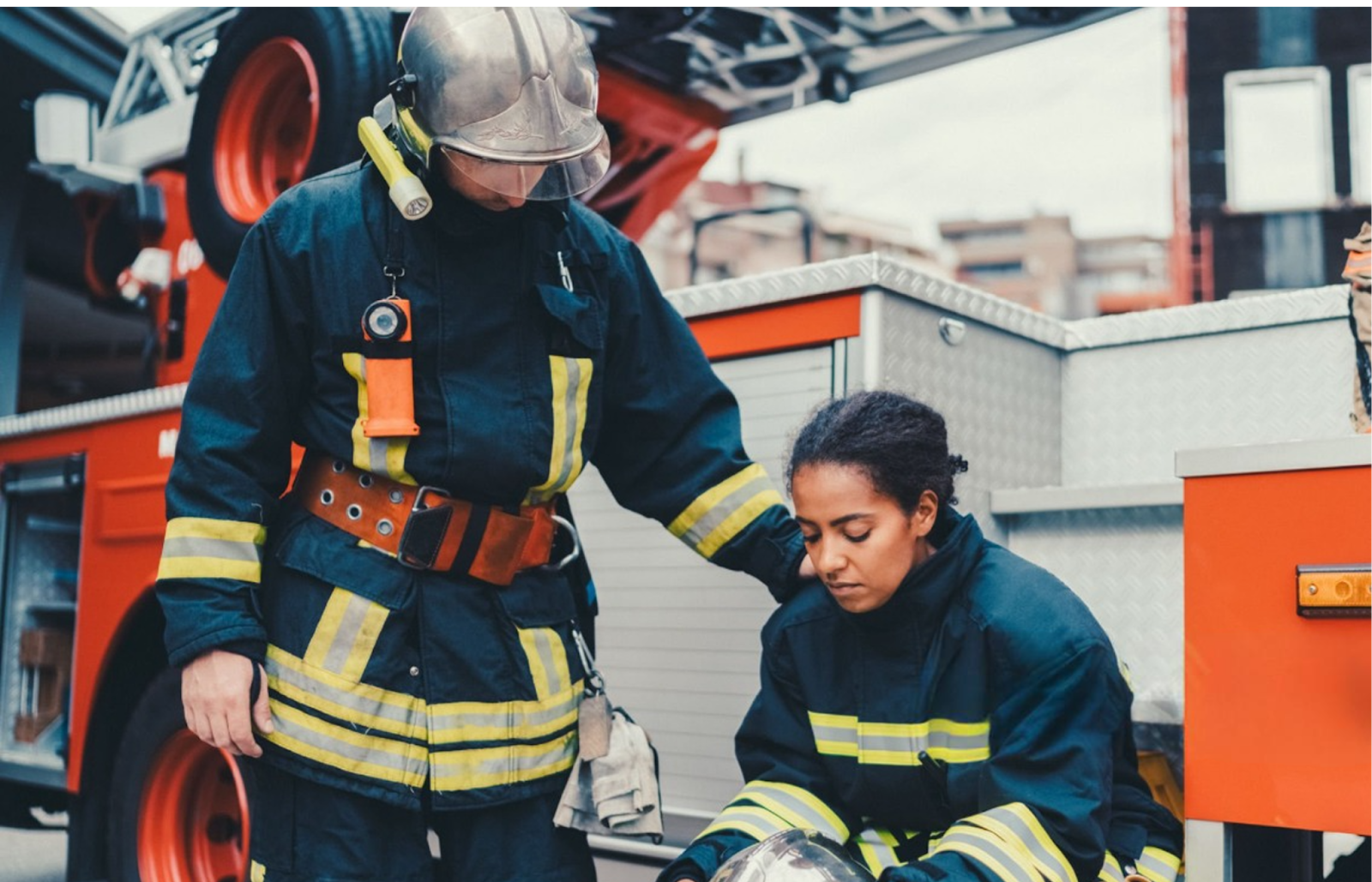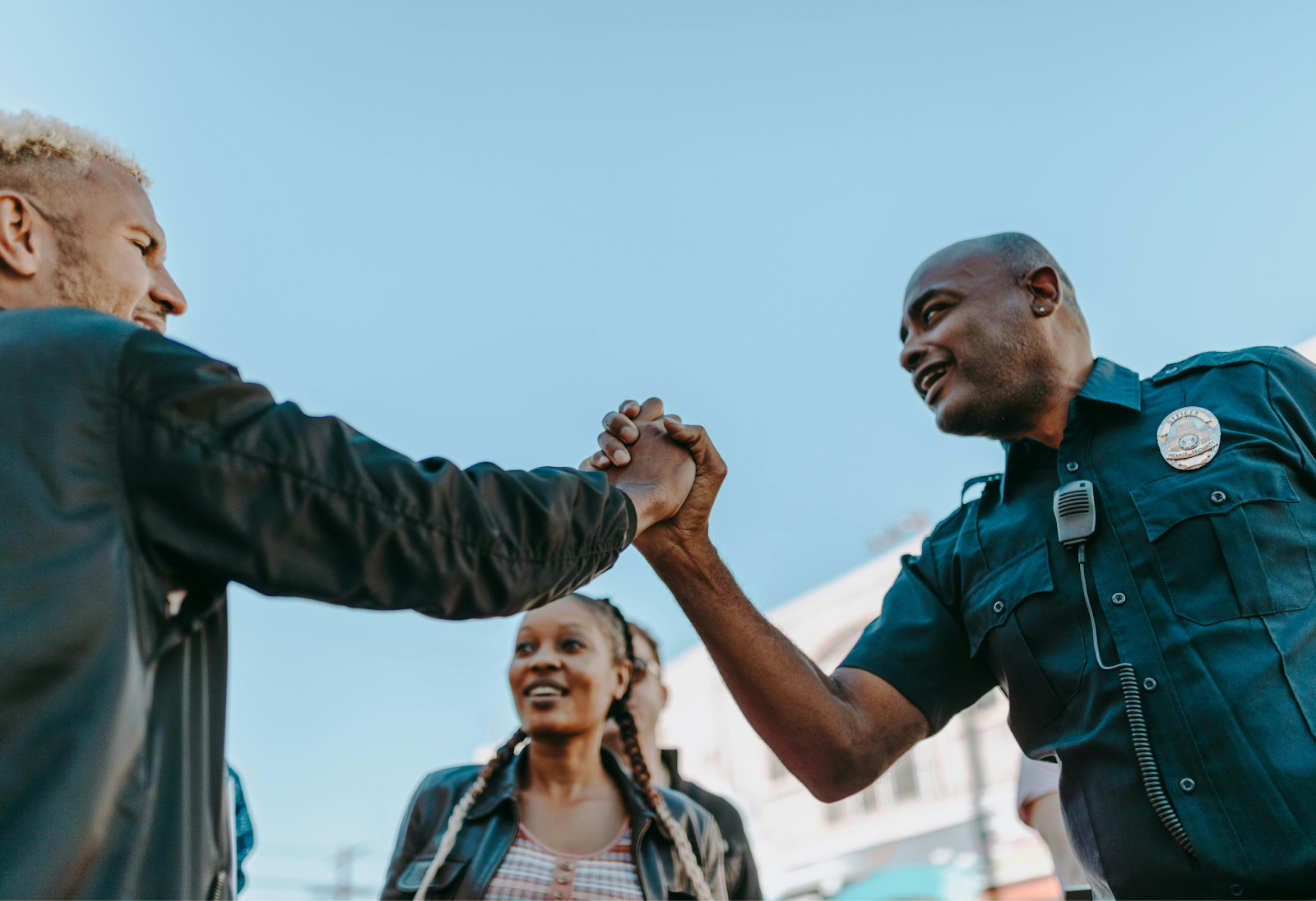Confidentiality in mental health is not just a right; it's the foundation of trust. Without it, healing can't begin.

First responders are the backbone of the emergency response system. They face intense, traumatic situations daily while protecting their communities. This constant exposure to stress makes them vulnerable to anxiety, burnout, depression, and PTSD, affecting their overall well-being (Substance Abuse and Mental Health Services Administration, n.d.).
Many first responders avoid seeking help despite the challenges they face. The fear of being judged, treated differently, or seen as professionally compromised often deters them (Corrigan et al., 2018). This reluctance stems from a culture that views vulnerability as a weakness.
Confidentiality in mental health is about more than maintaining personal boundaries; it’s about creating a safe space for first responders to seek help. Mental health support with guaranteed confidentiality is crucial because many worry that sharing their struggles could impact their careers or relationships with colleagues (Greenhaus & Allen, 2020).
The biggest fear of first responders is their career.
The nature of their job makes showing weakness feel risky, as it could impact their career. Confidence that their information is safe and will not be revealed encourages first responders to seek help. This assurance ensures they know seeking help will not lead to discrimination or reassignment (National Alliance on Mental Illness, n.d.).

Guaranteeing confidentiality increases the likelihood of first responders utilizing resources like counseling services or employee assistance programs. It also encourages participation in peer support groups and training programs, equipping them to handle challenging situations. Trust in the system fosters a culture where mental health care is recognized as an essential aspect of healing and empowerment (Firefighter Behavioral Health Alliance, n.d.).
Confidentiality ensures that first responders are protected from potential workplace discrimination. Without this assurance, individuals might face unfair treatment in promotions, assignments, or peer relationships (Corrigan et al., 2018).
Organizations and laws like HIPAA play a vital role in safeguarding mental health privacy. The U.S. HIPAA (Health Insurance Portability and Accountability Act) ensures healthcare professionals and counselors maintain privacy for first responders' mental health records (Substance Abuse and Mental Health Services Administration, n.d.).
Protected Health Information (PHI) includes 18 identifiers related to patient health information. Under HIPAA, PHI must remain secure and can only be disclosed with the patient’s consent or under specific conditions (Bryant, 2019).
These protocols include:
Addressing mental health stigma is not just about ensuring privacy. Organizations can contribute by:
The demanding nature of a first responder’s job can only be addressed if organizations actively work to reduce the stigma attached to seeking help. A safe space can be created by ensuring the protection of privacy. This commitment to privacy is not just about individual well-being—it strengthens the resilience of the entire emergency response system.
Mental health confidentiality is crucial for first responders, who are already at high risk of mental health challenges due to the stressful demands of their work. By providing confidential, accessible, and judgment-free preventive solutions, we can support these heroes. Adherence to policies and standards, along with a commitment to privacy, ensures first responders receive the help they need to maintain their well-being. This support could save not only their lives but also the lives of those they are sworn to protect (Smith & Thompson, 2020).
Many first responder organizations now consult mental health platforms designed to guarantee confidentiality. MyOmnia offers confidential screener services where individuals can access trained peers who understand their unique professional challenges, without fear of judgment or exposure (National Alliance on Mental Illness, n.d.).